Artificial intelligence, which few of us understand, might apocalyptically enslave humanity or release it from death. Some prominent scientists believe that robots blessed with artificial intelligence will soon be more intelligent than humans and conclude that they have little use for us. Other transhumanists think that it will be possible to “download” human minds into […]
Category: Columnists
Jeffrey Aronson: When I use a word . . . Intro and outro: De-adoption
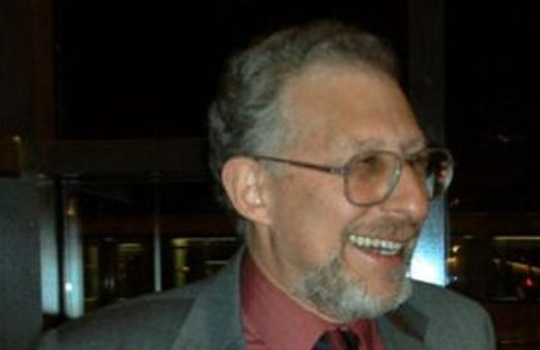
A study published in The BMJ attracted my attention when I saw it in the print issue of 11 November: “De-adoption and exnovation in the use of carotid revascularisation”. Neither of these neologisms, de-adoption and exnovation, has yet made it into major English dictionaries—not surprisingly, since they have only recently been introduced into scientific texts. […]
Martin McKee: The devil is in the detail—why retaining the European Health Insurance Card may be an impossible dream
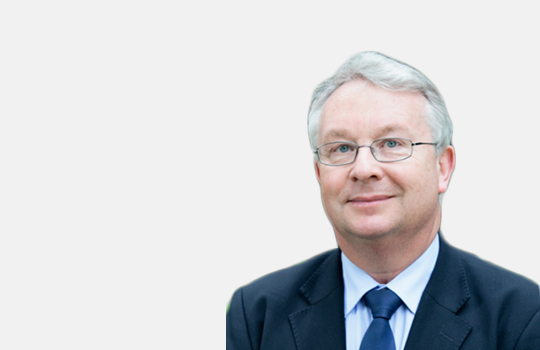
The European Health Insurance Card symbolises the many benefits that the European Union brings to its citizens. It allows tourists to obtain healthcare when they are visiting another member state just as if they lived there permanently. And it is only one, albeit the most visible, element of a comprehensive legal framework covering healthcare among […]
Matt Morgan: WhatsApp Doc?
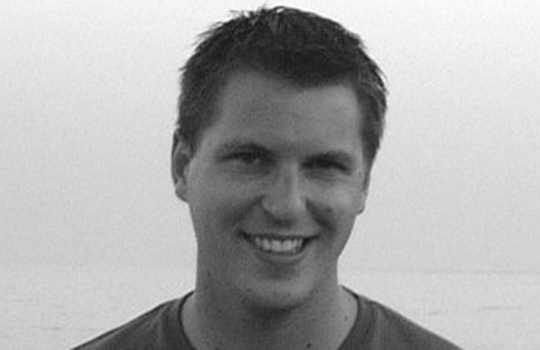
Restricting the use of WhatsApp is fine, but there must be a viable alternative provided […]
Jeffrey Aronson: When I use a word . . . Artificial intelligence

One can hardly pick up a newspaper or magazine these days without reading something about artificial intelligence, typically in relation to computer programmes or robots. In March 2017 a computer programme, AlphaGo, beat a world champion, the South Korean Lee Sedol (pictured below), at go, a game once thought to be too difficult for computers […]
Jeffrey Aronson: When I use a word . . . Artificiality

Artificiality is an ambiguous concept. The Latin adjective artificialis (from ars, art, and facere, to make) was introduced by the Roman rhetorician Marcus Fabius Quintilianus (c. 35–100 AD), as a translation of the Greek word ἔντεχνος, artistic, artificial, or within the province of art; τέχνη meant an art, craft, or skill; a system, a method, […]
Richard Smith: Coming to terms with “the second illness,” the fear of cancer
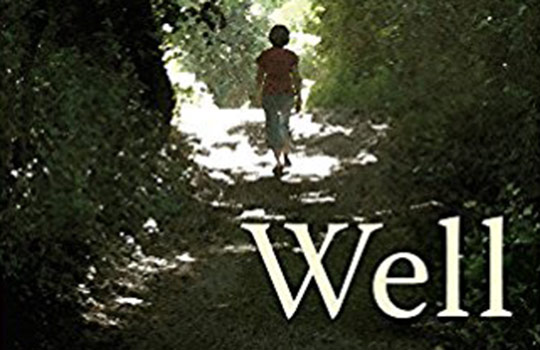
Mary Gunn, looking very well and wearing her 65 years lightly, stands in front of the audience in an Edinburgh bookshop describing how eight years ago she was diagnosed with recurrent breast cancer and given two years to live. She is launching her book Well: A Doctor’s Journey Through Fear to Freedom. The book tells […]
Matt Morgan: Poor hospital design has an impact on staff, patients, and healthcare
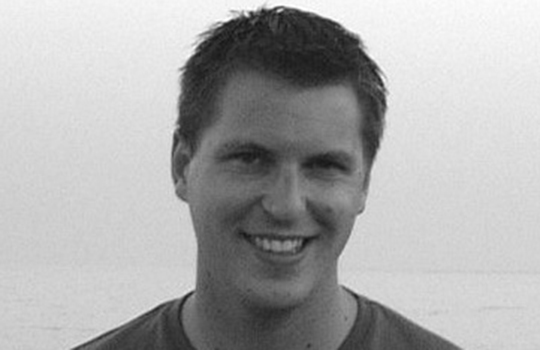
Simply the presence of a good physical environment signals organisational respect and care […]
Kieran Walsh: Bad education—too much text
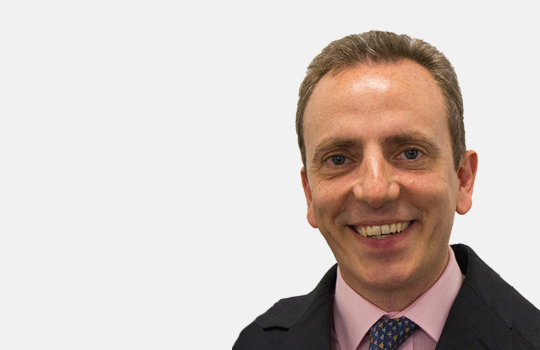
John Banester (1533 -1610) was an English surgeon and educator. He learned his surgery by going to war—he went on a military expedition to the continent. On his return to England he was keen to pass on what he had learned—and here he is teaching at the Barber-Surgeons’ Hall. […]
Giles Maskell: Radiology without context becomes a game of “Where’s Wally”
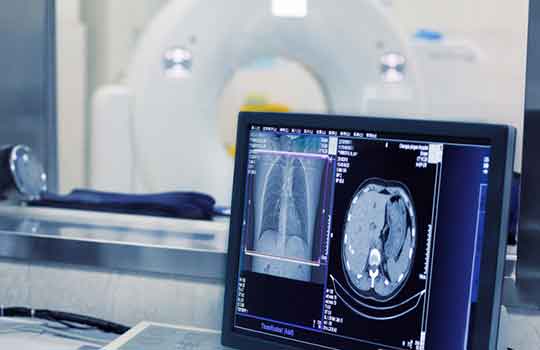
When it comes to image interpretation, context can be all-important […]